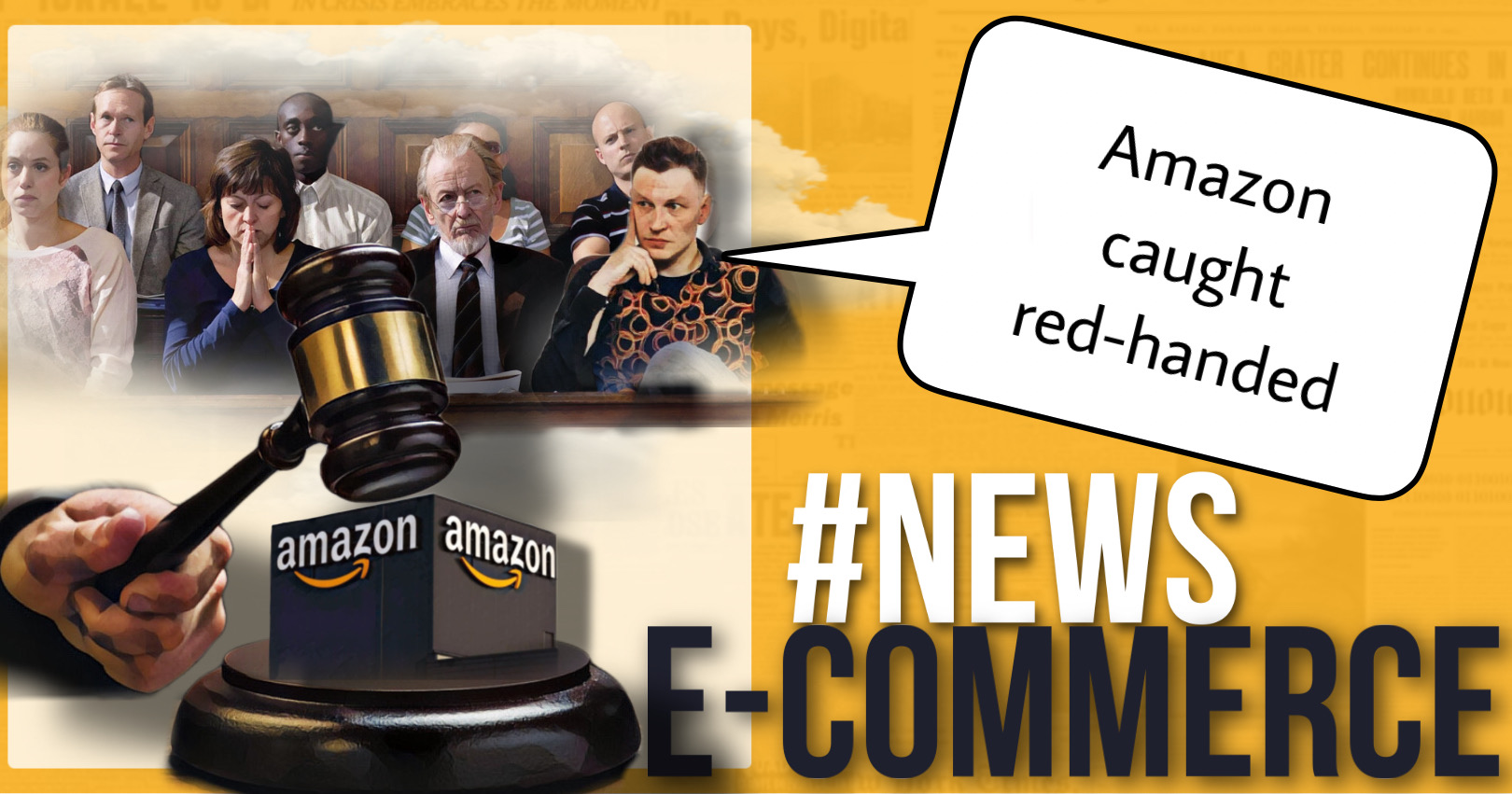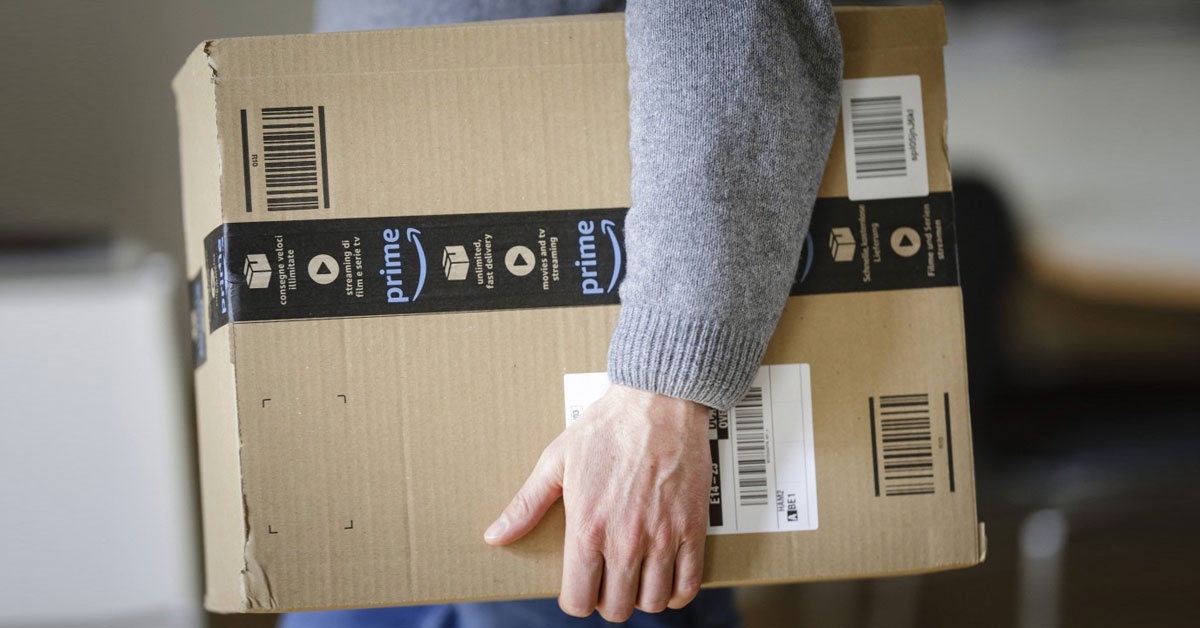Here are 3 questions the FTC is asking about it
The Federal Trade Commission has been questioning Amazon’s competitors about its Prime service and how it competes with its own marketplace sellers.
Amazon and its fellow tech giants will soon find themselves the focus of increased antitrust scrutiny from the Federal Trade Commission, reports Vox.
FTC is mainly interested in the following three lines of questioning related to Amazon:
Fulfillment by Amazon’s pricing structure
Amazon sellers can use FBA service to ship items sold on other sites like eBay or Etsy.
FTC is interested in the service’s pricing structure. According to Gizmodo, Amazon charges 75 percent more if a seller ships to a customer who bought from a competing site. So while a seller pays $4.76 to pack, ship, and handle customer service for an item weighing between one to two pounds on Amazon, the same item costs $8.75 on their own store, Etsy, eBay, or another commerce site.
This discrepancy has caught the FTC’s attention.
Amazon competing against its own sellers
Amazon competing against its own sellers is perhaps the most popular topic among the company’s critics, including Elizabeth Warren.
Amazon invites small and midsized businesses to sell directly to Amazon customers on Amazon.com through a platform known as the Amazon Marketplace. But Amazon has created more than 100 of its own brands that often compete directly against Amazon’s third-party sellers.
The question is whether Amazon unfairly uses sales and other data from its sellers to undercut or otherwise beat out these same small and midsize merchants.
Amazon Prime bundling of services
Prime customers can pay a flat fee of $119 per year to gain access to benefits like one-day shipping, TV shows, music, and storage. The issue is that smaller services don’t have the same advantages that Amazon does, and may have to charge for each service individually. Furthermore, it’s not clear if Amazon needs to, or actually does, profit off of its annual Prime membership fee. If that’s the case, then bundling the services together may only serve to undercut competitors.
More Amazon news

New antitrust bill to stop Amazon from harming third-party sellers
US senators against Amazon A bipartisan group of senators in the US has announced plans to introduce a new antitrust bill that could reshape Amazon and other online marketplaces. The proposed bill would prohibit platforms from requiring companies operating on their...

Amazon got caught copying products and manipulating search results
Amazon got caught cheating? Amazon has been repeatedly accused of copying third-party sellers’ products and then manipulating the search results to favor Amazon’s own brands. The company has denied the accusations. Reuters got access to internal Amazon documents...

China energy crisis wreaks havoc in the manufacturing sector
China in the dark Factories in China's busiest manufacturing provinces have been ordered to suspend production for up to a week or even longer, prompting concern global supplies of goods might be disrupted. China is in the midst of an energy crisis that has turned...


